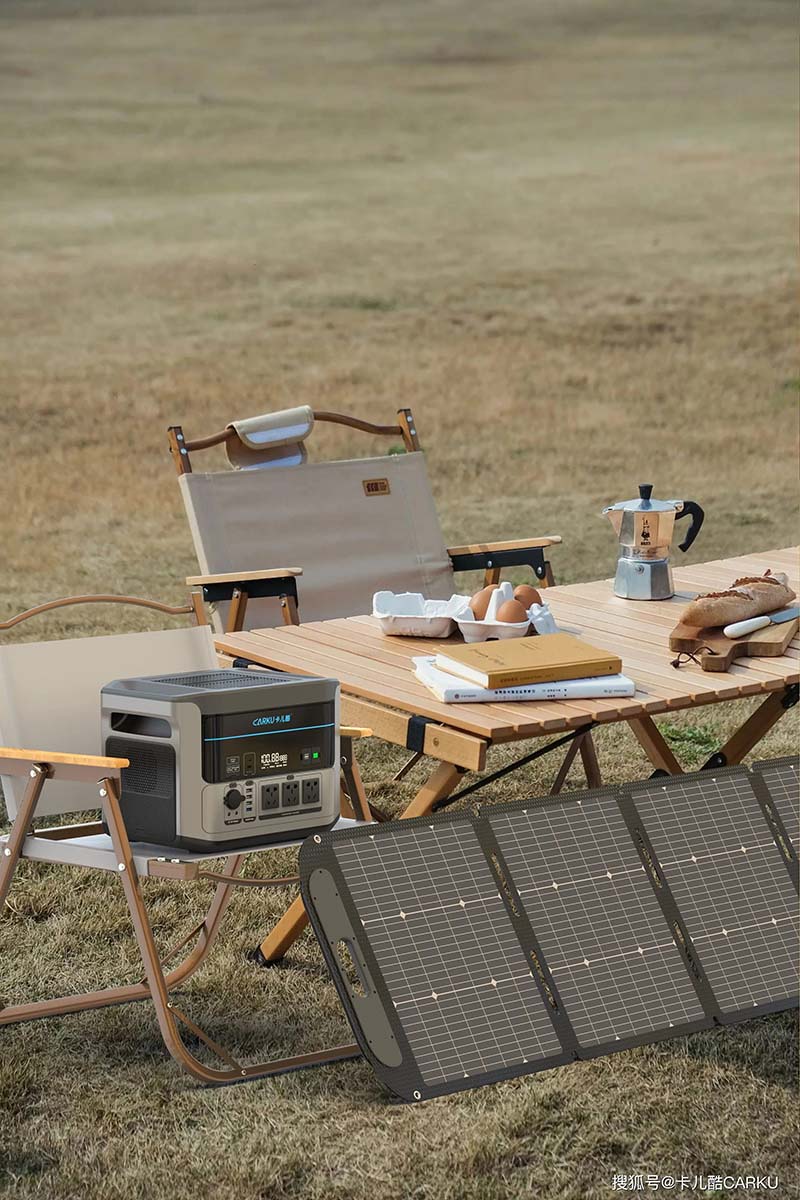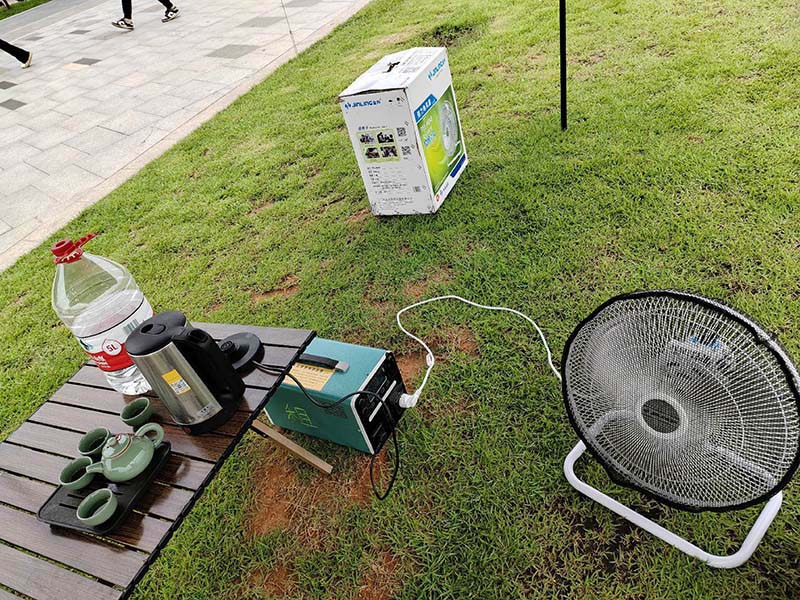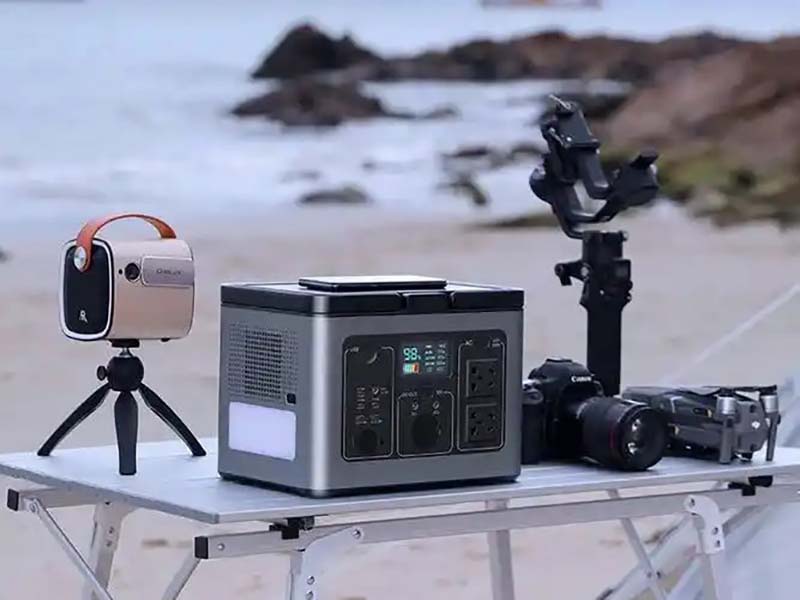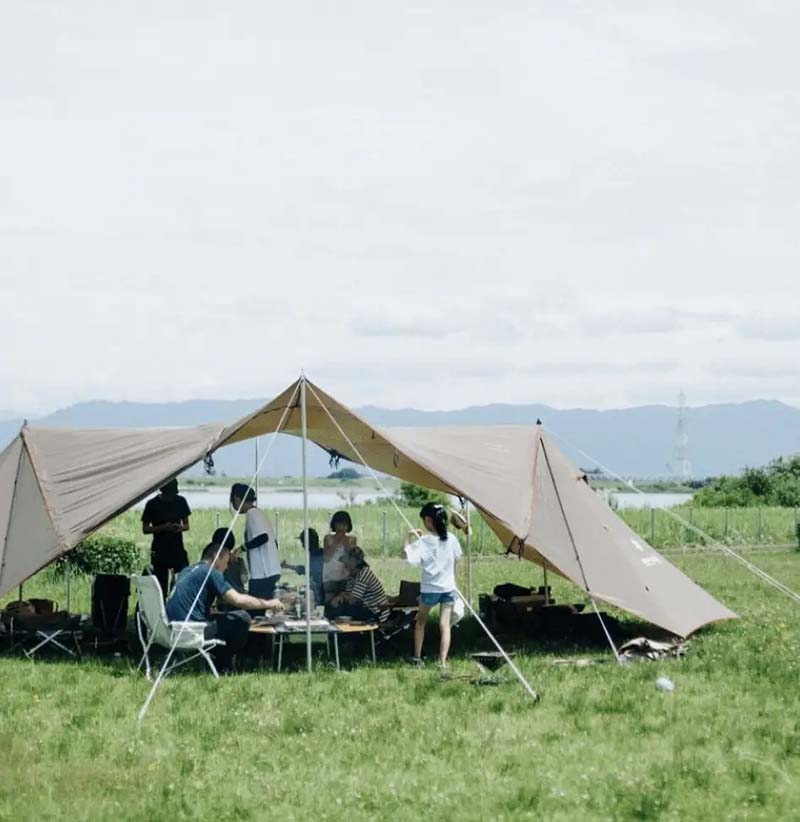residential off grid power systems
Portable power station can be used for Power banks, Electronic counters, Tablets, Handheld tripods, Portable formaldehyde testers, etc, Residential off-grid power systems offer homeowners the freedom to live independently from traditional utility grids. Th...

Essential Devices Powered
- Some models include a cigarette lighter socket for convenient charging and power supply in in-vehicle scenarios.
- The output interface features a design to prevent mis-plugging, ensuring smooth insertion and removal.
- The emergency light supports three modes: constant on, strobe, and SOS.
- Charging current is infinitely adjustable from 0.5A to 30A, suitable for older lines and weak power grids.
- It has a power sharing function and can provide power to other power sources.
Camping Benefits
- Rechargeable outdoor electric toys for children (remote control cars/drones)
- Mobile phone charging stations in disaster areas
- Power supply for hiking navigation equipment
- Battery life of outdoor photography lighting equipment (fill lights/flashes)
- Outdoor market stall lighting
Residential off-grid power systems offer homeowners the freedom to live independently from traditional utility grids. These systems harness renewable energy sources such as solar panels, wind turbines, and battery storage to provide reliable electricity in remote or rural locations. By generating and storing their own power, residents can reduce energy costs, minimize environmental impact, and ensure uninterrupted electricity supply during outages. Installing an off-grid system involves careful planning and design to match energy needs with available resources. Solar panels capture sunlight, while wind turbines convert wind energy into electricity. Batteries store excess power for use when sunlight or wind is unavailable, ensuring continuous energy availability. Advanced inverters and controllers optimize system performance and protect equipment. Off-grid power solutions are ideal for cabins, tiny homes, and properties without access to the grid. They promote sustainability and self-sufficiency, empowering individuals to take control of their energy consumption. With advancements in technology and decreasing costs, residential off-grid systems are becoming more accessible and practical for a wide range of homeowners seeking energy independence and environmental responsibility.


